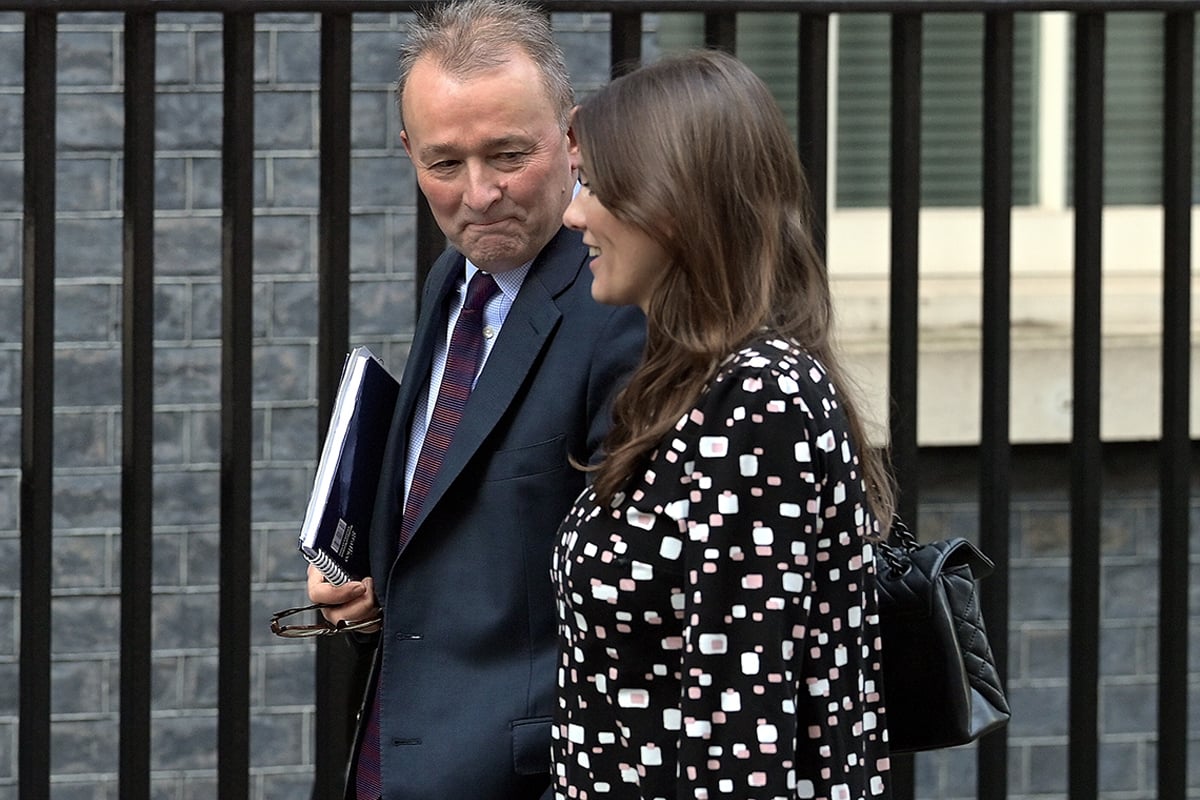The tech secretary has stood firm on a divisive segment of the Online Safety Bill, requiring messaging apps to unlock the content of private messages when sought by the regulator, Ofcom. She believes this provision is essential to shield children from harm.
However, tech giants like WhatsApp and Signal warn they might exit the UK market rather than dilute their message encryption. The Bill is set for ratification this autumn.
In a conversation with the BBC during her tour to University College London, Michelle Donelan unveiled a £13m grant for AI-driven healthcare projects.
The tech and cyber security sectors have expressed concerns over the mandate to decrypt messages that endanger children. Currently, such encrypted messages remain exclusive to the sender and receiver, without even the platform providers having access. Well-known platforms like Meta’s Whatsapp and Apple’s iMessage have embedded this encryption as a standard feature.
Critics argue that creating an access point will not be limited to authorized personnel, risking misuse. Ms. Donelan retorted that the government wasn’t against encryption and would employ it as a last option.
“I, too, desire privacy and don’t appreciate unsolicited perusal of my messages. Yet, some platforms inadvertently become hubs for child abuse,” she highlighted.
She opined that tech firms should pioneer solutions to this dilemma.
She hinted at the ongoing development of technology, like Client Side Scanning, which entails device-level content scans and alerts. Apple’s test run of this tech was halted due to substantial opposition, with some terming it an “intrusive companion.”
NSPCC’s study indicates substantial public endorsement for curbing child abuse on encrypted platforms. Richard Collard of the NSPCC commented that tech enterprises must prioritize safety and privacy.
Conversely, Ryan Polk from the Internet Society voiced doubts over the readiness of this technology. “The government’s Safety Tech Challenge Fund couldn’t unearth a foolproof technical remedy. And UK researchers have spotted major flaws in proposed solutions, noting they erode essential encryption, compromising citizens’ safety and privacy. If the government fails to see that the Online Safety Bill virtually proscribes encryption, they’re consciously overlooking looming threats.”
The bill is slated for a House of Commons review in September.
As the digital age propels us further into an era of interconnectedness, the tug-of-war between security and privacy continues to intensify. The Online Safety Bill is emblematic of this struggle, seeking a balance between protecting vulnerable populations and upholding individual privacy. The UK’s upcoming decision on this legislation will not only influence its digital landscape but could set a precedent for global digital policy frameworks.







